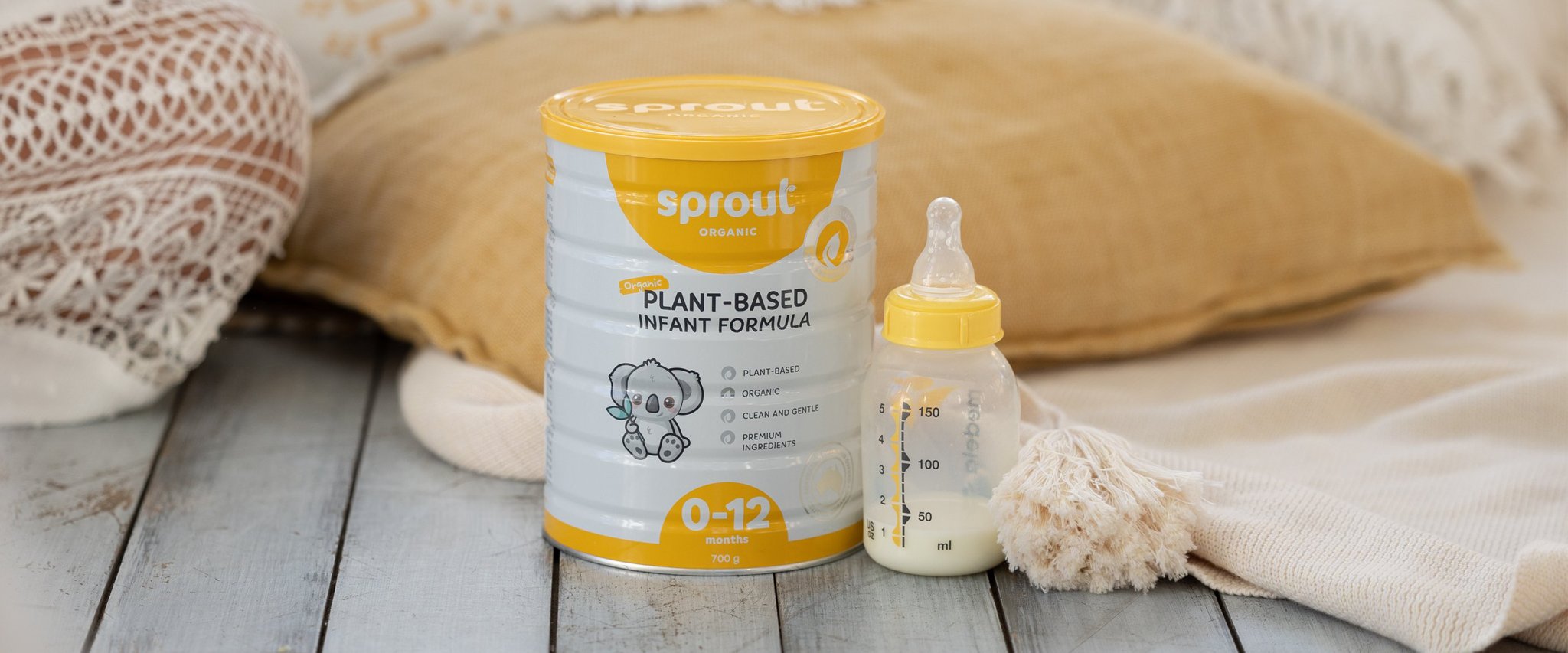Dairy-free calcium sources for kids
When it comes to our little sprouts, calcium is an essential component to healthy growth and the building of strong bones and teeth. Our bones hold on to most of the calcium in our bodies, with as much as 99% of the body's calcium found there!
If calcium is not deposited, it will be withdrawn from the bones to be used in other areas of the body. This is a constant flow that must be adequately replenished and ‘topped-up’ from our daily diet.
Although milk and dairy is the most commonly associated source of calcium, there are plenty of other foods that are rich in this mineral that you can feed your little ones if dairy is not suitable for them. But first, let’s dive into why it’s so important to ensure our kids are getting enough calcium in their diets…
The role of calcium in early life
Calcium does a LOT for our little ones - it's an essential mineral for all ages and stages. From fortifying bones to regulating important bodily functions, to say it’s important is an understatement!
In infancy, calcium absorption is high. It’s passively facilitated by lactose in breast milk and plays a particularly important role in good bone formation and proper skeletal development. If deficiencies occur during childhood, it can lead to an increased risk of broken bones and fractures later in life.
Beyond bone health, calcium is an essential component for other bodily functions including muscle contraction, heart rhythm, and coagulation (blood clotting). When it comes to milk, breast milk will ALWAYS be the best. We know it; you know it. And while some may think dairy is the next best alternative, it is not a necessary source of calcium.

How much calcium do babies need?
Up until around 6 months old, infants get their necessary calcium from breast milk or formula alone.
After this time, it's important to regularly incorporate calcium-rich foods into their diet. Their calcium needs increase to 260 mg until they reach one year old, and then to 700 mg from ages one to three.
Here are some examples to help you visualize the amount of calcium in different foods:
- 8 ounces (1 cup) of calcium-fortified soy milk = 300 mg
- 1 cup cooked kale = 100 mg
- 1 tbsp organic molasses = 100 mg
- 1 slice white bread = 75 mg
- ½ cup kidney beans = 40 mg
- 1 tbsp almond butter = 55 mg
15 Non-dairy calcium-rich foods for babies
We know it's not always easy to know which foods are best for providing your little sprout with the goodness they need, so here are some of our favourite plant-based sources of calcium for babies.
- Calcium-set tofu
- Calcium-fortified plant milks and juices
- Edamame (soybeans), chickpeas
- Almond butter
- Turnip and collard greens
- Broccoli
- Oranges
- whole wheat fortified breads
- Chia and sesame seeds
- Beans and lentils
- Amaranth
- Prunes, dried figs & apricots
- Organic molasses

Remember to prepare these in an age-appropriate way, such as boiling or steaming, blending or pureeing, roasting until soft, and cutting into bite-sized pieces. It's best to steer clear of whole nuts, raw produce, or other choking hazards.
If your little one isn’t into all the foods all the time (a challenge that all parents experience from time to time) a tip that we have often found that works is adding a powdered or liquid calcium supplement to your child's favourite beverage or smoothie. If your child is one year or older we recommend Sprout Junior protein shake that naturally contains a rich dose of calcium for growth and development.
With all this in mind, we think you’ll find no need to worry about your child's calcium intake. Whether it's allergies, intolerances, preference or just picky eating, there are plenty of alternatives when it comes to dairy-free calcium!






Leave a comment